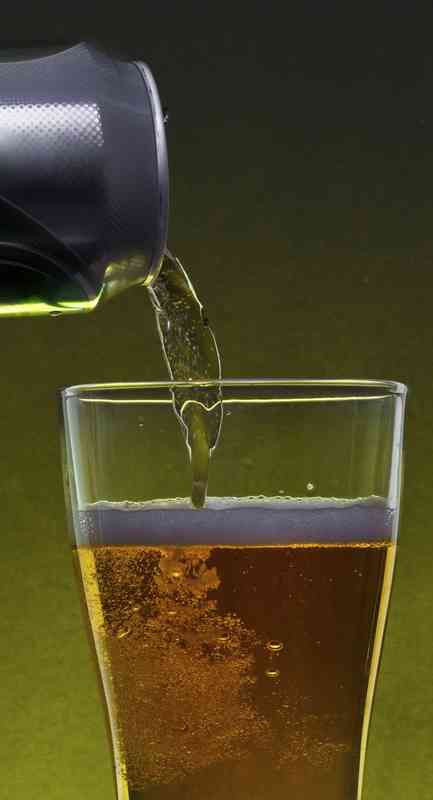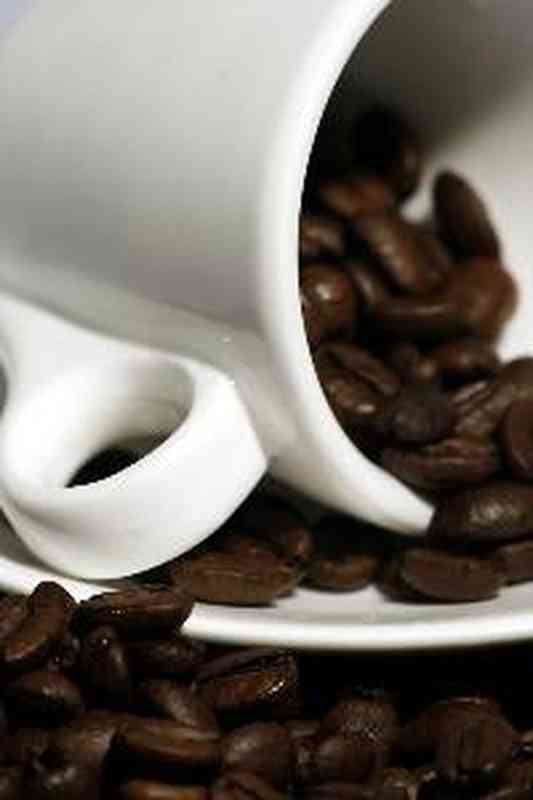Does Caffeine Affect Muscle Growth?

Caffeine is one of the most popular stimulants in the world. A majority of people drink it in a beverage form, such as coffee, tea or energy drinks. Caffeine creates a state of mental alertness and readiness that may enhance your workout performance. This effect may slightly improve your workout performance and muscle growth, but research into the topic is not conclusive.
 Caffeinated drinks may slightly improve workout performance. (Image: Pirttilahti/iStock/Getty Images)
Caffeinated drinks may slightly improve workout performance. (Image: Pirttilahti/iStock/Getty Images)Central Nervous System
The primary effect that caffeine has is on your central nervous system. The drug increases the firing of your neurons and triggers your pituitary gland to release adrenaline. American Council on Exercise sports nutritionist Fabio Comana states that reputable studies have shown this stimulating effect to improve endurance exercise performance. By allowing you to perform exercise for longer periods of time and a sustained intensity level, caffeine may aid in muscle growth.
Fatty Acid Release
A second mechanism through which caffeine may enhance your muscle growth is through the release of fatty acids into your bloodstream. In a review of energy beverages presented in 2010 in the "Mayo Clinic Proceedings," Dr. John Higgins and colleagues noted that your muscles will use fatty acids as an energy source before the stored glycogen in your muscles. Preserving your muscle glycogen may help you exercise for longer periods of time without reaching muscle exhaustion.
Short Term Exercise
Though caffeine may aid your workout performance in moderate intensity exercise over a long period of time, short-term, high-intensity exercise may not derive any benefits from caffeine consumption. This is because the primary energy source for short-term, high-intensity exercise like powerlifting is adenosine triphosphate, or ATP. Released fatty acids from caffeine consumption do not serve as a replacement for ATP during this type of exercise.
Side Effects
Dr. Mark Jenkins of Rice University pointed out in his review of caffeine for sports performance that each individual will have a unique response to the drug. Negative side effects such as stomach cramps, anxiety and gastrointestinal disturbances may occur while taking caffeine. Some researchers believe that caffeine can contribute to dehydration and electrolyte imbalance, but there is not research to support these claims.




